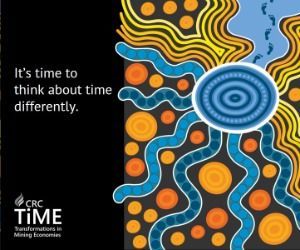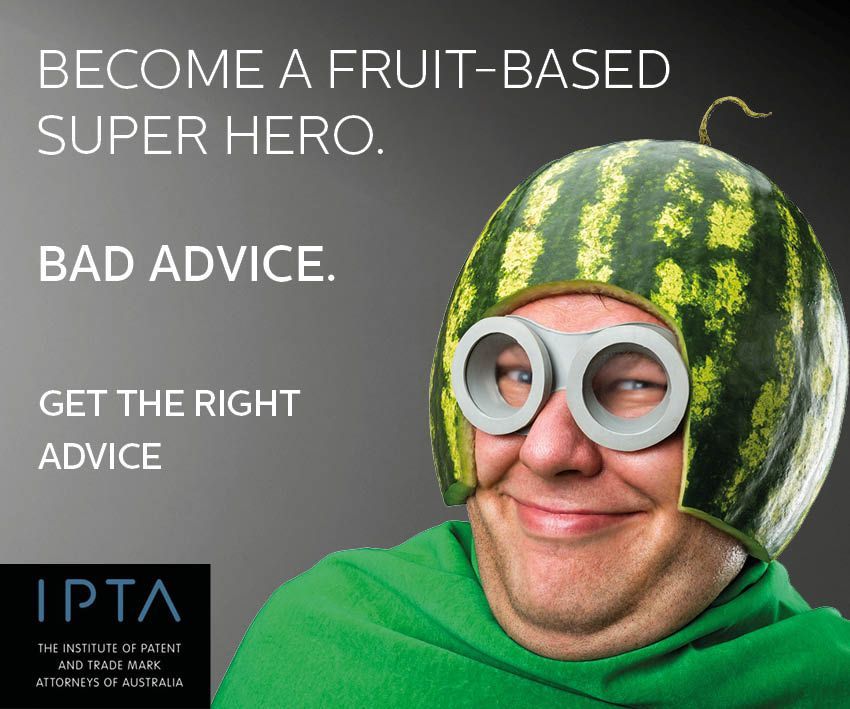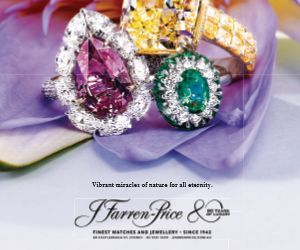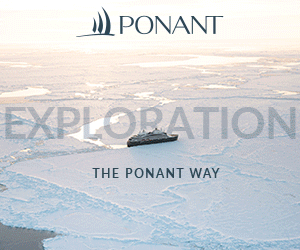1MG FlippingBooks
Fear not
From an antipodean outpost to an innovative Australia – internationally-acclaimed author Thomas Keneally discusses why we need to get over our past.
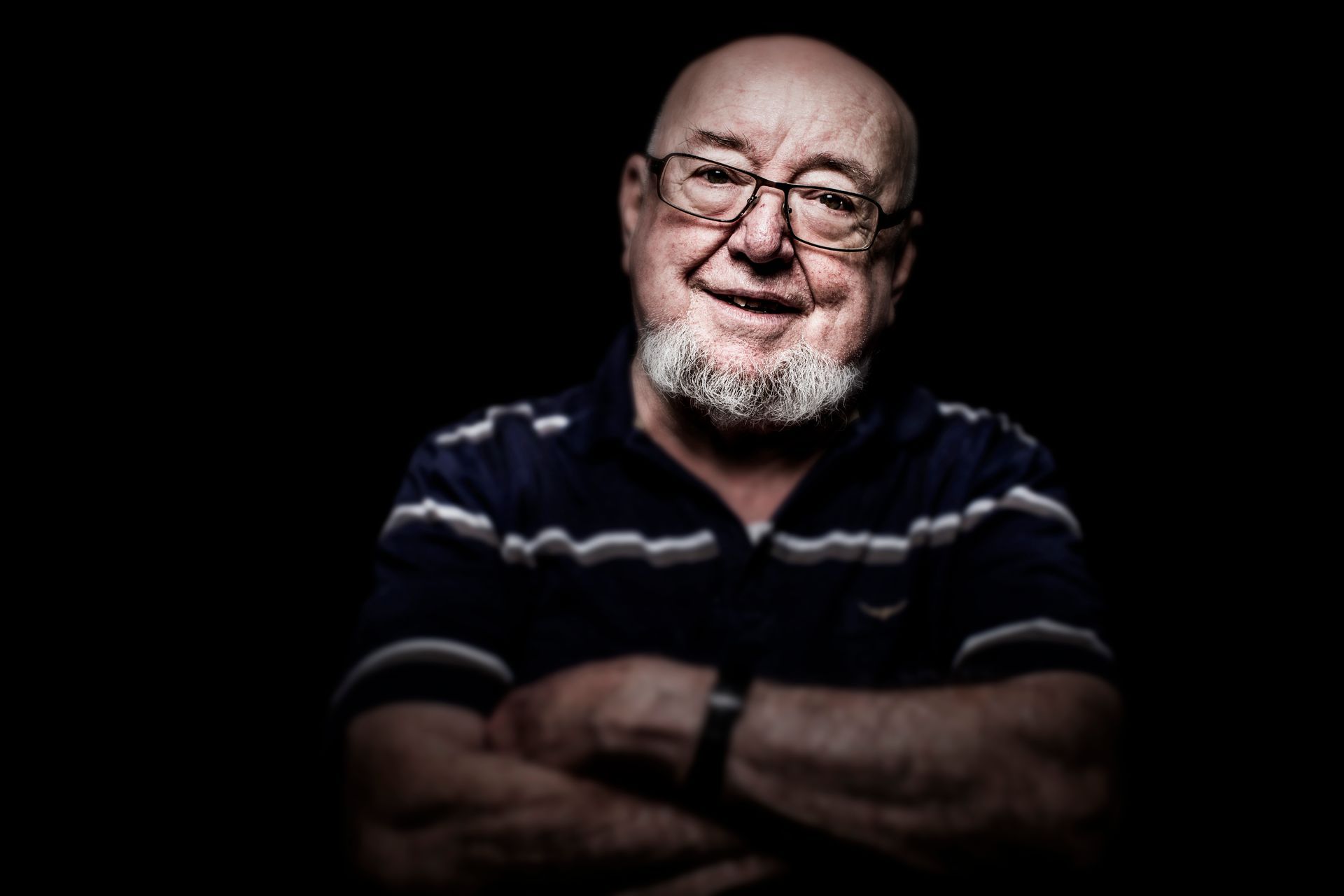
On successive weeks in 1942, the great artist and illustrator Norman Lindsay published on the cover of The Bulletin two drastically contrasting images of Australia imperilled by the Japanese advance in the Pacific. One is of a rock-jawed digger, indomitable, presenting his .303 rifle and bayonet in the direction of a new sinister dawn, the onrush of the Japanese assault on the Pacific and in South-East Asia and the Pacific. The other image is of a maiden, certainly full-breasted in the Lindsay tradition, but vulnerable, likely to be ravaged by the onset of danger or strangeness.
Now in that year, as I can remember from a child’s point of view, 15,000 Australians were captured on one day in Singapore, February 14, and within a few days the bombing of northern Australian cities began. The peril was the most intense it had ever been or would ever be to the time of writing this.
But even now, 60 years on, we have not quite worked out what our culture is – the rock-jawed warrior or the fragile maiden. The warrior is much in evidence when we win the Ashes or the Bledisloe Cup. But the fragile maiden is a self-image we Australians so often project at the first whiff of strangeness, change or disorientation. To use an Australianism, we may very well drop our bundle too easily.
I don’t mean of course in response to outrages such as the Bali tragedy. But much smaller shifts and changes in the winds of the world can evoke this timidity, the side of our nature we naturally enough least like to project.
Timidity might be explained by the fact that we feel threatened by the geographic distance which lies between us and the wellsprings of our settler culture; by the difficulties, demands and perils of living with our nearest neighbours.
And it can’t be denied that some of our edginess might be of the post-colonial variety. As a settler group we had a successful colonial experience, at least in terms of liberal progressiveness if not in terms of relationship with the indigenes of the continent. The Chartist institutions of universal male suffrage, payment of members, regular elections, were in place early here.
Though some rebels did it tough (Ned Kelly), others such as the 13 men charged over the Eureka stockade incident in 1854 were acquitted by the juries and – in some cases – were soon members of a Legislative Assembly elected by all male adults. Thus the severe repression which marked Canada in the 1830s, Ireland and India did not characterise Australian institutions.
But the whole thing about being a colony – it’s a truism to say so – means that your job is the exporting of raw products and the purchase of manufactured and inventive goods from the imperial centre. Hence a mindset arose which depicted Australia as, above all, an outpost. There were some things we could do, but other, and often cleverer, things were better left to the Northern Hemisphere, and were imported here. Hence, in the early 1960s, I felt a sense that literature wasn’t something meant to come from Australia. That was my post-colonial timidity at work. Of course, the other side of the Australian character, the idea of having a go, saved me from myself in the end.
A country which sees itself as an outpost, however delightful, is inevitably destined to be uneasy about matters of culture, about subtle challenges and the whole vision thing. Now, the generation of managers who felt the post-colonial twinges I did are just starting to retire, and one wonders to what extent they and I have been tempered in our courage for innovation by the lurking idea that it’s not our business down at this end of the world, and that it might even be costly in the short term. So we are great at taking up technologies, but might lack the habits for creating them. Perhaps, too, our culture has been fatally marked by the gold rushes, by the concept, expressed by an old folk song, of making a fortune in a day, and spending it in a week.
Though there is much more private money spent on research and development, the government seems reluctant to make it a national priority. Such funding is granted grudgingly, say scientists, as if it were just another wing of state welfare. A small country like Australia, without the well-established incentives and habits of endowment which characterise the American economy, needs more not less research and development funding, since the crucial inventiveness distance between ourselves and the Americans, even between ourselves and the Europeans, is growing exponentially. Yet it seems that in this matter, the old timidity prevails.
That, may I say, was one of the reasons I was an Australian republican: I had a belief, sincere if easily mocked, that becoming a republic would place us unambiguously in our region, define us in our own antipodean terms and as more than mere outpost, and thus serve as a spur to all our imaginations, all our impulses of inventiveness, of courage, of having a go.
In perilous times, maybe we could combine the two Lindsay images – maintain the rock-jaw of intent, and the freshness of a young clever nation, inventive on its own behalf and possibly, then, on behalf of the world.
Thomas Keneally is one of the most successful and celebrated modern Australian writers. Keneally was short-listed for the Booker prize on four occasions with The Chant of Jimmie Blacksmith, Gossip from the Forest and Confederates, before winning in 1982 with Schindler’s Ark. He has won the Miles Franklin award twice, for his works Bring Larks and Heroes and Three Cheers for the Paraclete. Keneally’s latest book, An Angel in Australia, was released in 2002.


